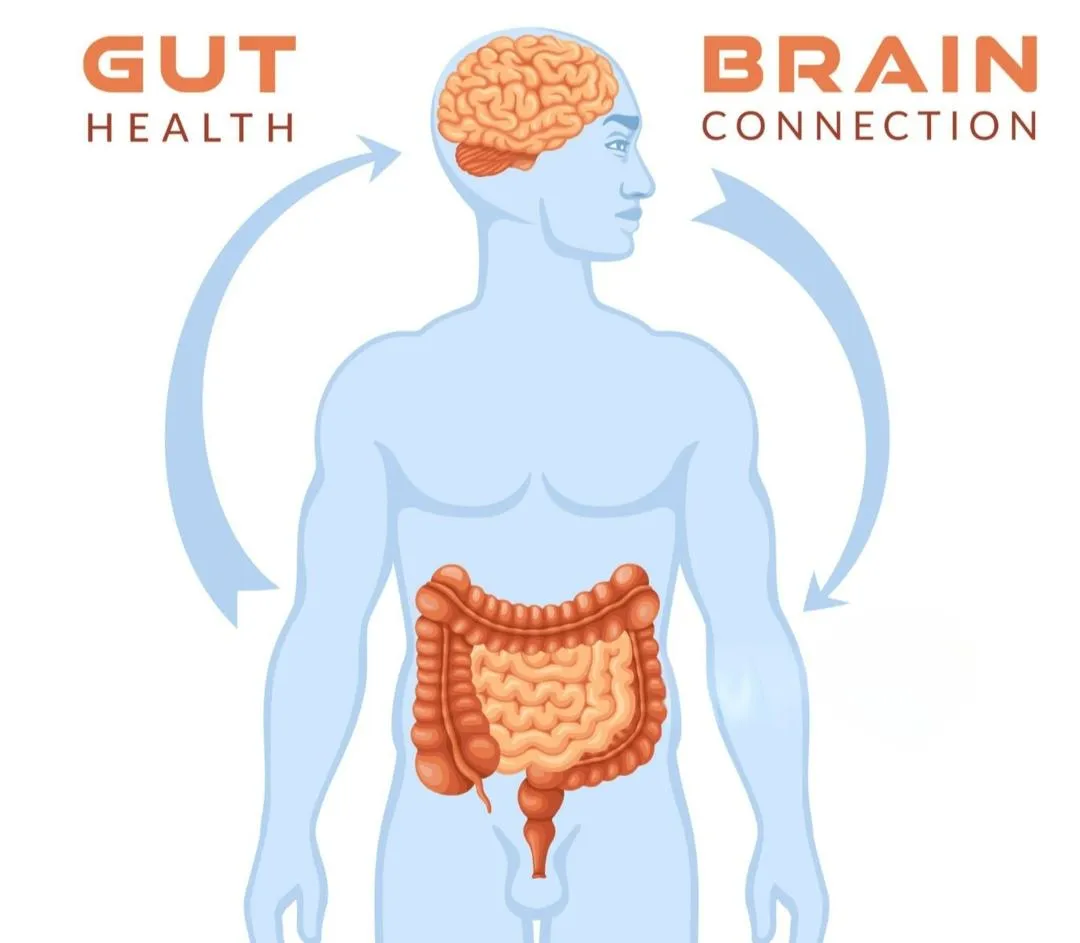
Gut Health and Chronic Illness: What Testing Can Reveal
When it comes to chronic health conditions—whether that’s ongoing fatigue, headaches, digestive issues, or even anxiety—many people don’t realize that the root cause may lie in the gut. A growing body of research shows that imbalances in the digestive system can influence inflammation, nutrient absorption, and even brain function. Specialized testing such as GI mapping and food sensitivity panels can provide critical insights that traditional lab work might miss.
Why the Gut Matters in Chronic Illness
Your gut is home to trillions of microorganisms that interact with your immune system, metabolism, and nervous system. When this delicate ecosystem becomes imbalanced—through poor diet, stress, infections, or environmental exposures—the result can be chronic inflammation and symptoms that show up far beyond the digestive tract.
Patients struggling with conditions like migraines, persistent fatigue, skin issues, and mood disorders often have underlying digestive imbalances that, once addressed, lead to significant improvements in overall health.
What GI Mapping Reveals
A GI-MAP test (Gastrointestinal Microbial Assay Plus) is a DNA-based stool test that looks closely at the gut microbiome. It can detect:
Pathogenic bacteria, parasites, or yeast that may be causing hidden infections
Levels of beneficial bacteria needed for healthy digestion and immune balance
Markers of inflammation that point to ongoing gut irritation
Digestive enzyme function and whether your body is breaking down food properly
By uncovering these imbalances, providers can create a targeted plan that might include probiotics, antimicrobials, or dietary changes to restore balance.
Food Sensitivities and Their Role in Chronic Symptoms
Unlike food allergies (which trigger immediate reactions), food sensitivities create delayed immune responses that can take hours or even days to appear. Common culprits include gluten, dairy, soy, and processed foods.
These sensitivities can contribute to:
Headaches or migraines
Chronic fatigue
Anxiety or mood swings
Digestive discomfort
Testing for food sensitivities helps identify these triggers, so patients can reduce exposure and allow their body to heal.
Connecting Gut Health to Whole-Body Wellness
The gut-brain connection explains why digestive imbalances can contribute to anxiety, depression, or “brain fog.” Similarly, inflammation stemming from the gut can fuel joint pain, skin flare-ups, and autoimmune conditions. By looking deeper with functional testing, practitioners can move beyond symptom management and uncover root causes.
Taking the Next Step
If you’ve been struggling with chronic symptoms and feel like you’re not getting answers, it may be time to look into GI mapping or food sensitivity testing. These tools provide a clearer picture of what’s happening inside your body and open the door to personalized treatment strategies that restore balance and long-term health.



